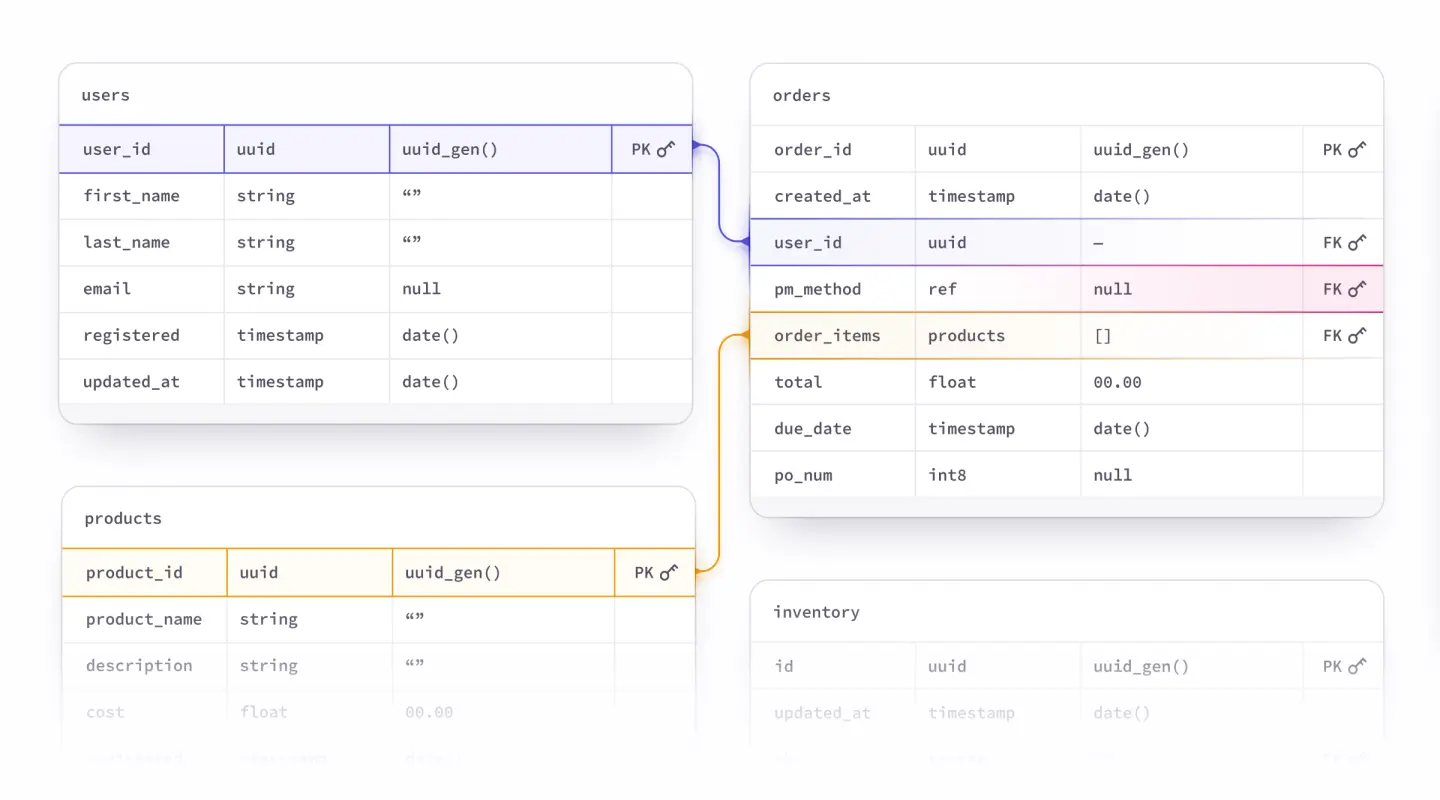Progress and Innovation - Women in AI

Recently, Gretel’s senior applied scientist, Lipika Ramaswamy, and principal machine learning scientist, Amy Steier, were nominated for VentureBeat’s Women in AI Awards – Lipika as a “rising star” for her demonstrated leadership in the field and Amy for her significant contributions to research that helps accelerate progress and innovation.
We asked them both about their experience, work, and any advice for other women who are interested in pursuing a similar path in AI.
What does it feel like to be recognized for your work in AI?
Lipika: It’s awesome! I love working with my team everyday to solve problems with math. Often they’ll be complex problems that require much trial and error in solutioning, and draw me into a space of intense focus. So it’s been great to take a moment to celebrate. This recognition fuels me to work harder.
Amy: I've always been so passionate about my work, that to be recognized for my accomplishments was a bit like icing on the cake. I currently have the fortune of working with some amazingly brilliant people. Everything is a team effort at Gretel, and so much of what I accomplish wouldn't be possible without the support of my highly talented colleagues in the applied science, engineering, design, PM and marketing teams.
What is something that excites you or something about your work that you're really proud of?
Lipika: I love that we at Gretel are working towards the mission of enabling privacy for everyone everywhere. There has been so much innovation and advancement in AI, but it shouldn’t come at the expense of the privacy of individuals. This purpose drives everything I do, from writing basic equations to architecting complex models that our users interact with.
Amy: I truly love working with data and the Gretel vision of making data sharing easy really resonates with me. I also really enjoy working at that intersection of state-of-the art research and innovative product design. It's very satisfying to take bleeding edge ideas, push them a little further, and then morph them to fit existing, tangible business and consumer needs.
What would you tell other women who are considering a similar career path as yours?
Lipika: Read a lot – everything from papers and blogs on AI to opinions and updates unrelated to AI. For example, if you work on differential privacy, educate yourself about privacy regulations and laws. Ultimately, the models we build cannot be isolated from the environment they are built in or the communities they are built to serve.
Amy: Get educated, follow your heart, and embrace continuous learning.
What are you excited about for the future of AI?
Lipika: I'm excited that responsible AI is gaining traction. Many folks in our industry now consider aspects like privacy, fairness and interpretability an input rather than an afterthought. We’re building Gretel for the future, and I’m so thrilled to be a part of this important work.
Amy: Over the last decade some of the greatest technological innovations have been driven from access to large amounts of rich data. At the same time, privacy is not just a growing societal concern but one mandated by growing government regulations. Synthetic data offers a solution to these concerns and promises a new era of even more rapid technological and scientific innovations. The number and diversity of industries impacted is limitless; from finance, bio-medical, health sciences, genomics and personalized medicine to retail, ecommerce, restaurants, gaming and entire governments. I deeply look forward to being a part of this.
Conclusion
If you are interested in learning more about Lipika or Amy’s work, you can watch our recent workshop on Gretel’s new Evaluate API, which can assess the quality of any synthetic dataset. You can also send us a note in our Slack community or email us at hi@gretel.ai to continue the conversation. Thanks for reading!


